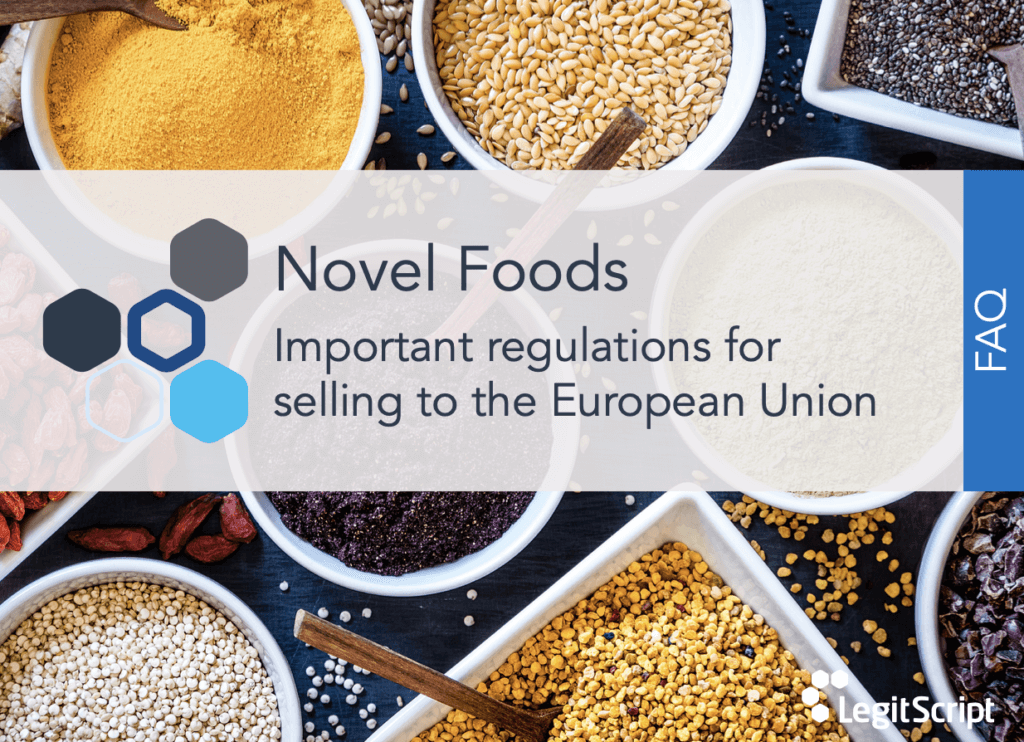"Novel food" is a classification for food or food ingredients in the European Union (EU). The import and sale of novel foods are regulated in the EU, and noncompliance can result in enforcement by EU Member States or the United Kingdom (UK). Online merchants selling food products or dietary supplements often ship worldwide, including the EU. This makes it important for payment service providers in the United States to know if their merchants are shipping novel foods, such as cannabidiol (CBD), to EU countries.
What are novel foods?
Novel foods can be newly developed food, food produced by new technologies or processes, or food that has traditionally been eaten outside the EU. The concept of a "novel food" is not new. Throughout history, new types of food, food ingredients, or processes for producing food have found their way to Europe from all around the world. Bananas, tomatoes, rice, and a wide range of spices all originally came to Europe as new foods. An example of a novel food that has recently increased in popularity is chia seed.
Before novel foods can be placed on the EU market, pre-market authorization by the European Commission is required.
What is CBD's novel food status?
The Novel Food Catalogue explicitly includes cannabinoids such as CBD as unauthorized novel foods, "as a history of consumption has not been demonstrated." This means that without a prior authorization, CBD is not allowed to be included in any food or dietary supplements in the EU. Currently, there are multiple ongoing applications for the authorization of CBD as an approved novel food.
There appear to be varying approaches and timelines for enforcement among EU Member States and the UK. In Germany, for example, the Federal Office of Consumer Protection and Food Safety states that products containing CBD must either be submitted for approval as a medicinal product or for approval as a novel food before they are placed on the market. In addition, the German Federal Government supports the decision of the European Commission to include CBD as novel food in the EU Novel Food Catalogue.
In the UK, the Food Standards Agency (FSA) states that CBD has novel food status. On February 13, 2020, the FSA announced a deadline of March 31, 2021, for companies marketing CBD extracts as foods or food supplements industry to submit novel food authorization applications. After this date, the FSA stated that only products with a fully validated novel food authorization application will be permitted, and all other novel CBD products will be removed from sale.
Why should companies in the United States care?
Many online merchants selling food and dietary supplements may be based in the US or other parts of the world but ship to the EU. This is why it is important for payment service providers, e-commerce platforms, and online marketplaces to be aware of the laws that govern these products, even if their merchants' core business is not in the EU. Selling products containing unauthorized novel foods may lead to enforcement by local authorities of EU member states. Merchants are generally obligated to verify whether food products that they sell require pre-market authorization.
To learn more about the regulation of novel foods, download our Novel Foods FAQ.





